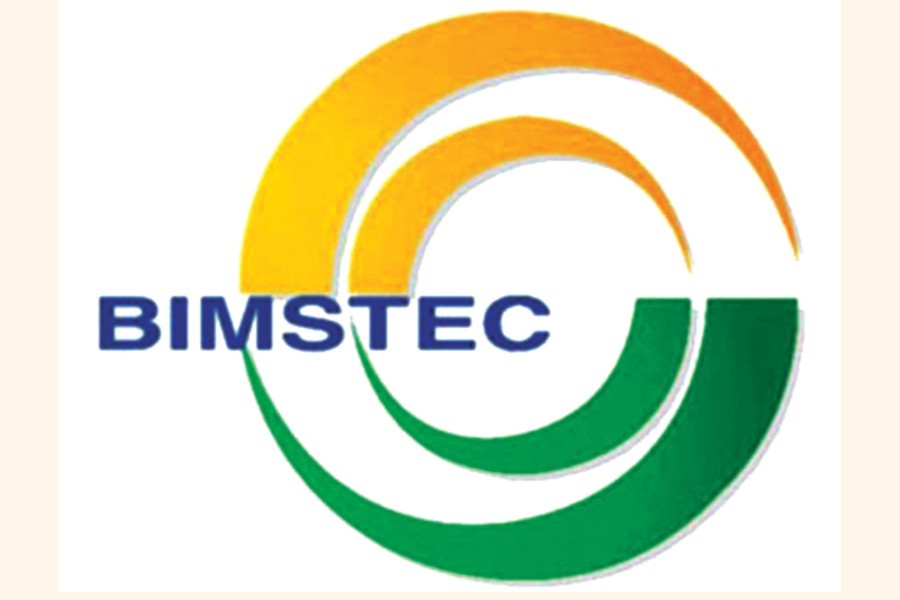India has proposed enhancement of value addition criteria for 22 more products under the proposed BIMSTEC-FTA (free trade area agreement), officials said.
Now the member countries of the regional trade block are weighing the proposal as to whether it would come as burden on their manufacturers.
The trade negotiation committee (TNC) of the free trade initiative in its 19th meeting held in February 2011 finalised the product specific rules (PSR) for 147 products with consent of all the members.
However, India in the 20th meeting held in September 2015 argued that since long time has elapsed after finalising the PSR, there is a need for revisiting it.
Following that it was decided that India would communicate its comment on the PSR soon for member states' perusal.
But India took nearly two years to make its suggestion on PSR of 147 products where it wanted enhancement of value addition for 22 more products.
In the new proposal, India suggested value addition ranging between 20 per cent and 45 per cent apart from the method of change in tariff heading (CTH).
A senior official at the Ministry of Commerce (MoC) told the FE that the next TNC meeting will be held in Dhaka soon where steps will be taken to finalise the PSR.
But before that, the opinions of member states have to be taken on the changes proposed by India, he said.
"We have asked the major stakeholders to give their opinions by next Tuesday to prepare our country specific paper on proposed change," he told the FE.
Bangladesh, Bhutan, India, Myanmar, Nepal, Sri Lanka and Thailand are member states of BIMSTEC (Bay of Bengal Initiative for Multi-Sectoral Technical and Economic Cooperation).
The BIMSTEC-FTA aims at enhancing trade and investment among the member states for which a framework agreement was signed in February 2004.
The BIMSTEC nations have a population of some 1.5 billion or 22 per cent of the global population. They have been able to sustain an average growth rate of 6.5 per cent in recent years.
The region has an aggregate gross domestic product (GDP) worth US$ 2.7 trillion.
The framework agreement covered five areas including tariff concessions on trade in goods, customs cooperation, trade in services, investment cooperation and dispute settlement.
According to the framework agreement, a safeguard measure allows the BIMSTEC members to withdraw tariff concessions for protectionist purposes, in case imports from the member countries through FTA access cause significant harm to domestic industries.
BIMSTEC secretary general M Shahidul Islam earlier told the FE that apart from tariff liberalisation, the non-tariff barriers (NTBs) also have to be removed to foster regional trade.
He said for a successful FTA, harmonisation of the standards and dismantling of all the para-tariffs are also very important.
The BIMSTEC intra-regional trade has failed to grow at the desired rate.
The countries of the region, on the whole, export less and import more, except for Thailand.
India and Thailand together account for 85 per cent of intra-regional exports of BIMSTEC.


